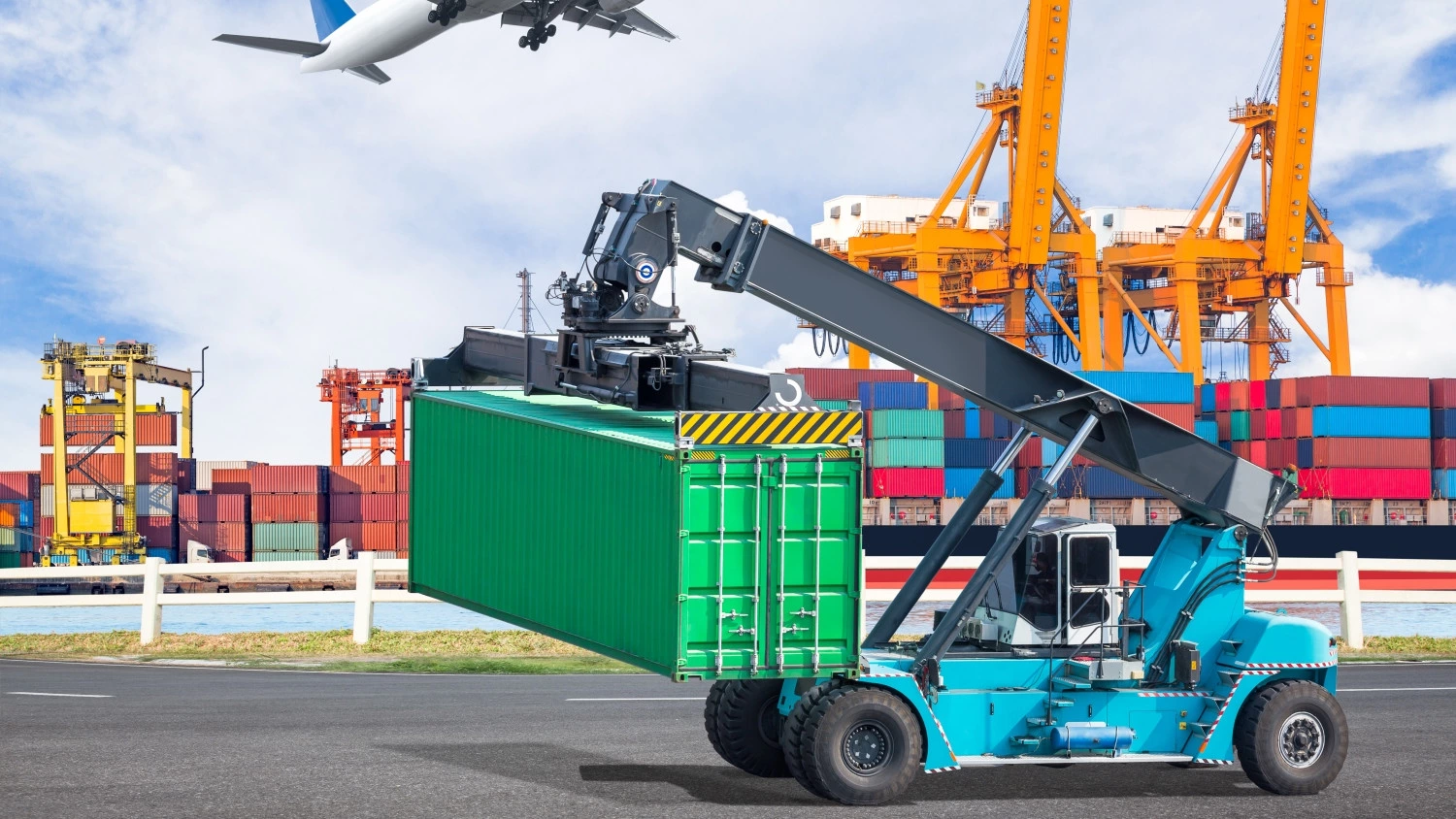
Since the onset of COVID-19, we have already seen a bifurcation in activity across the industrial & logistics sector, as occupiers and locations respond differently to the impact of COVID-19 on global and European economies, Colliers International reports.
There has been an increase in requirements from companies in the grocery, omni-channel and pharma related product fields. Damian Harrington, Colliers’ Head of EMEA Research said. “Amazon’s announcement that they are shifting their focus to support grocery, household staples and pharma products only is highly indicative of the pressure on needs-based retailing. Supermarkets are ramping up their capacity to handle deliveries and manage re-stocking of stores and e-fulfilment centres. Meanwhile, shop closures are reducing the need for other retail goods, minimizing distribution and production needs. This is likely to fall further as discretionary spending comes under pressure.
Although Chinese supply-chains are back up and running, European supply-chains have become restricted as national borders have closed. Airfreight has seen a short-term boost to speed up high-demand deliveries. The European Commission has recently proposed that each Member State creates priority ‘green lanes’ for trucks at border crossings, to enable the smooth running of critical supply chains. Restricted supply-chains, plus the growth in demand for pharmacy and perishable products, is driving demand for additional cold-storage space in some countries, short-term, to mitigate future bottlenecks.
Long-term, we expect to see a shift in supply chains diversifying away from China. Companies we have spoken to, and those surveyed recently by our German team have made it clear that we can expect a shift in production and supply-chains closer to demand markets/consumers (near-shoring) and greater acceleration of automation for on-shoring. Lots of pharmacy production is non-European, despite the growth in life sciences clusters across the region, so this is one sector likely to see growth in nearshoring.
Short-term, although some companies may not be progressing on active deals, there are other occupiers waiting in the wings to pick up deals. In landlord-friendly markets such as Germany, the overall lack of availability is an opportunity for some. Landlord-friendly conditions dominated industrial & logistics locations across Europe at the start of the year. While the economic outlook is very difficult, there will be localised cases of distress and opportunity as this very dynamic situation unfolds. There is limited expectation of a universal decline in demand, but some locations will be under pressure to provide incentives to the most challenged occupiers.



